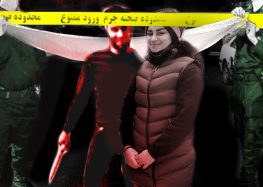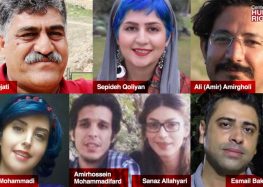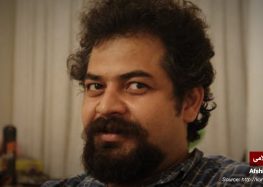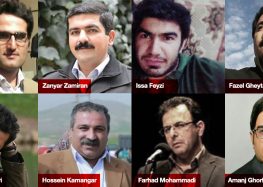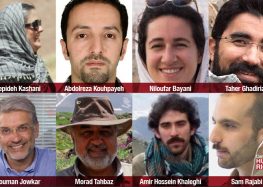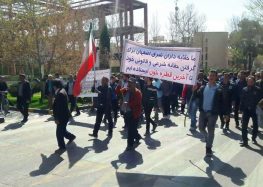Shots Fired at Protest as Officials Unable to Ease Water Shortage Crisis in Iran’s Khuzestan Province
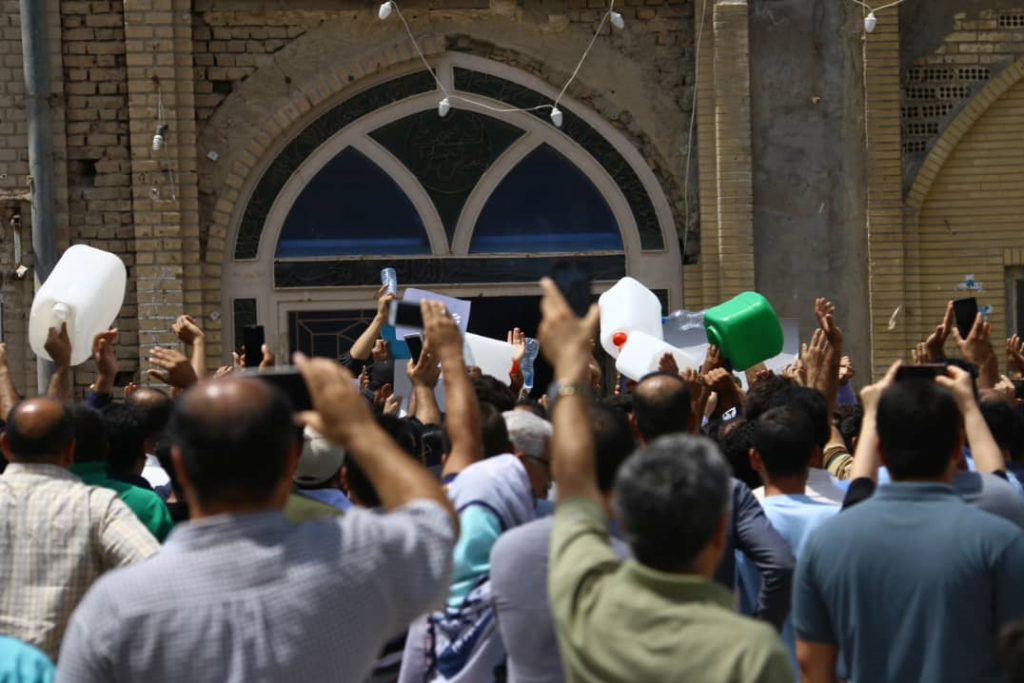 Shots were reportedly fired during protests over water shortages in the southwestern city of Khorramshahr in Iran’s Khuzestan Province but the Interior Ministry has denied any fatalities.
Shots were reportedly fired during protests over water shortages in the southwestern city of Khorramshahr in Iran’s Khuzestan Province but the Interior Ministry has denied any fatalities.
Khuzestan, home to mostly ethnic Arabs, is Iran’s main oil producer and contains the country’s largest oil refinery but remains economically disadvantaged compared to northern provinces.
“According to reports sent to us, there was an armed person among the crowd who has not yet been found. No one died in the clashes; only one person was injured on his side,” Gen. Hossein Zolfaghari, the deputy interior minister in charge of security affairs, told reporters on July 1, 2018.
Zolfaghari added that ten policemen were also injured.
Videos shared on social media on June 30 showed a man on a motorcycle firing an automatic weapon at protesters in Khorramshahr. At least one protester appeared to have been shot.
The clashes began on June 29 as people protested going weeks without access to clean water. Local water supplies have been undrinkable due to high salinity and mud and the population has been relying on fresh water distributed by state-hired tankers. However, the supply has not been insufficient, driving up the price of bottled water.
According to the Iran Meteorological Organization, around 97 percent of the country is experiencing drought to some degree.
On June 28, a day before the protests began, the state-funded Mehr News Agency reported that the city’s piped water was not even clean enough for cooking or laundry, forcing people to buy water from the black market or stand in line in the street under the hot sun if water tankers were available.
Carrying empty canisters, dozens of people at the city’s Friday prayers chanted slogans and carried signs, “They robbed us in the name of religion,” “We don’t need useless officials” and “Your prayers are no good, no good.”
In the nearby city of Abadan, where water has also been rationed for several weeks, Friday Prayer Leader Ali Najibi called on the government to urgently install water purifiers.
“The people of Abadan and Khorramshahr are facing a serious water crisis and the government has a duty to allocate a budget to buy water desalination equipment at any price,” Najibi said in a sermon on June 29.
“The citizens of Abadan and Khorramshahr cannot tolerate the water problem any longer and this crisis must come to a final resolution as soon as possible,” he added.
Meanwhile, Iran’s Energy Minister Reza Ardakanian warned people not to give Israel an excuse to “steal” water from Iran.
“The Zionist regime is using all the latest scientific tools to steal water in the Middle East and we should not let it interfere in our water crisis,” he said at Tehran’s Friday prayer gathering on June 29.
On June 25, 2018, President Hassan Rouhani assured people that despite the possibility of more water shortages this year, “there’s no shortage of dollars and the government has made contingency plans.”
But on social media the Rouhani administration has come under attack for not doing enough to resolve or ease the water crisis.
“For how long, and in what language, should the people of Khorramshahr and Abadan scream they have no water? And how should they do that without the authorities accusing them of ‘disrupting security,’” tweeted London-based Iranian political commentator Hossein Bastani on June 29.
Iran-based reporter Mahdi Rafaei tweeted: “Khorramshahr and Abadan resisted missiles and bullets during eight years of war [with Iraq, 1980-88]. But thirty years later, the people are still deprived. Their date-tree farms have been destroyed, their wetlands have dried up and dust has injured their throats. They live next to three fresh water rivers and yet they have to buy drinking water. Oil has not been a blessing.”

